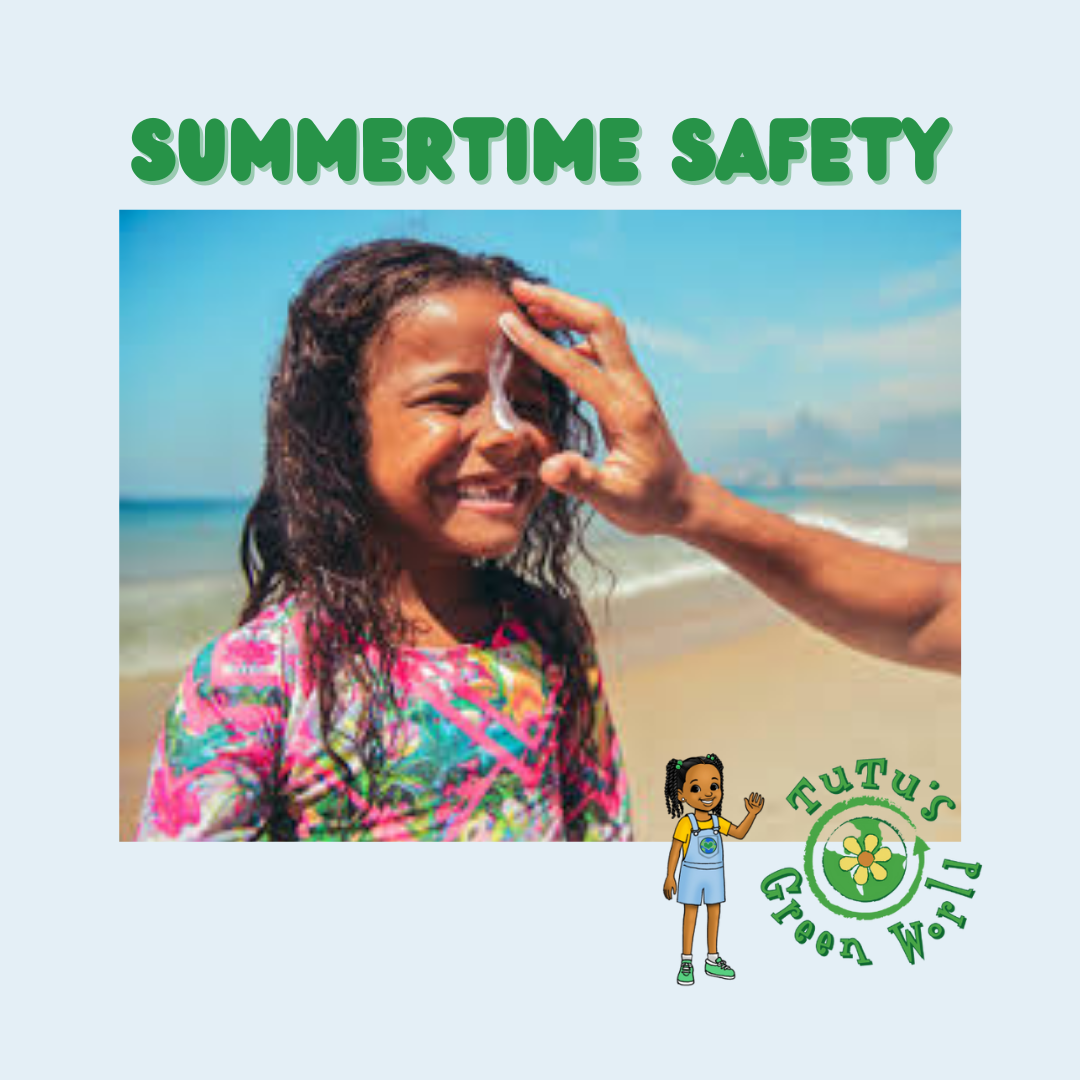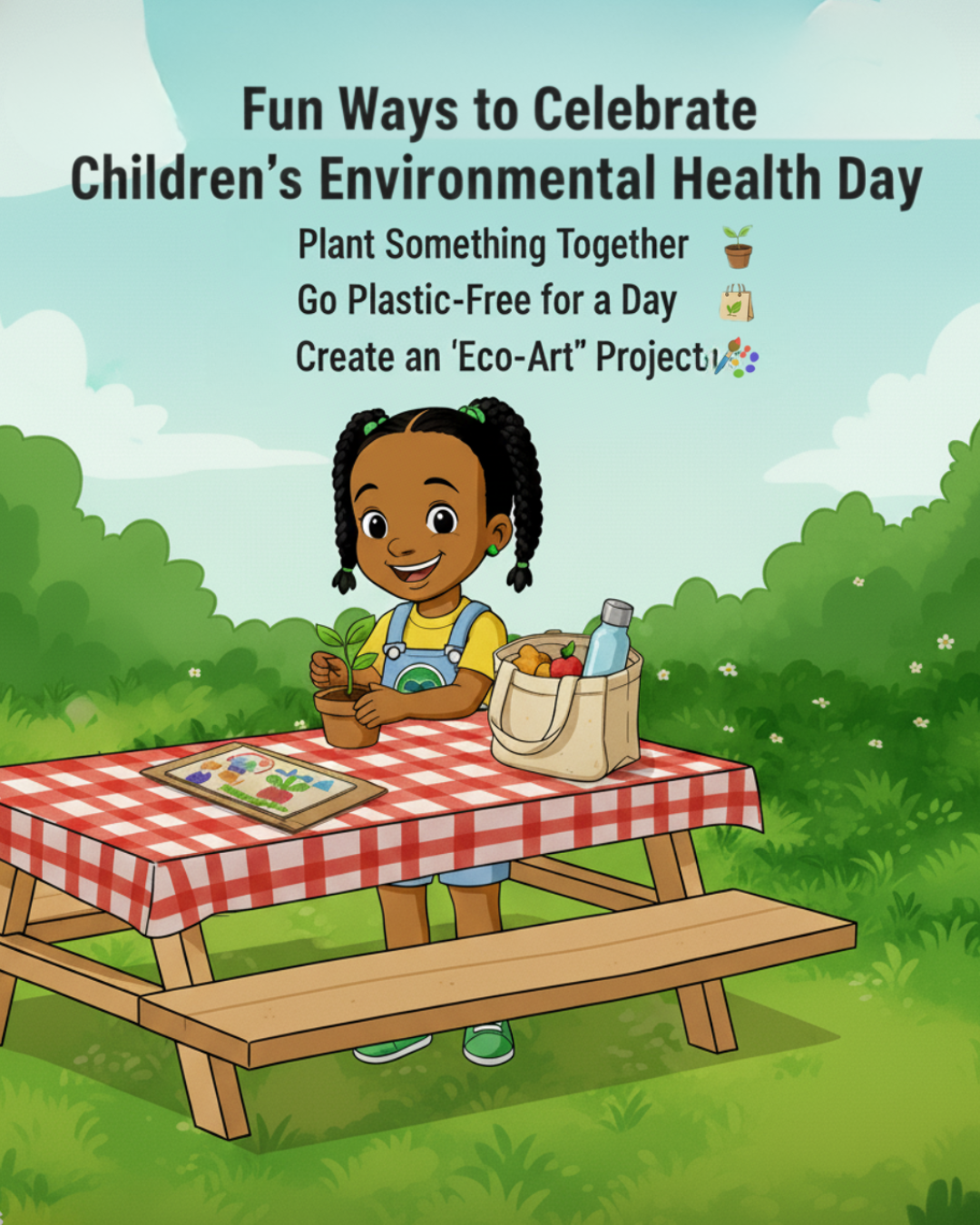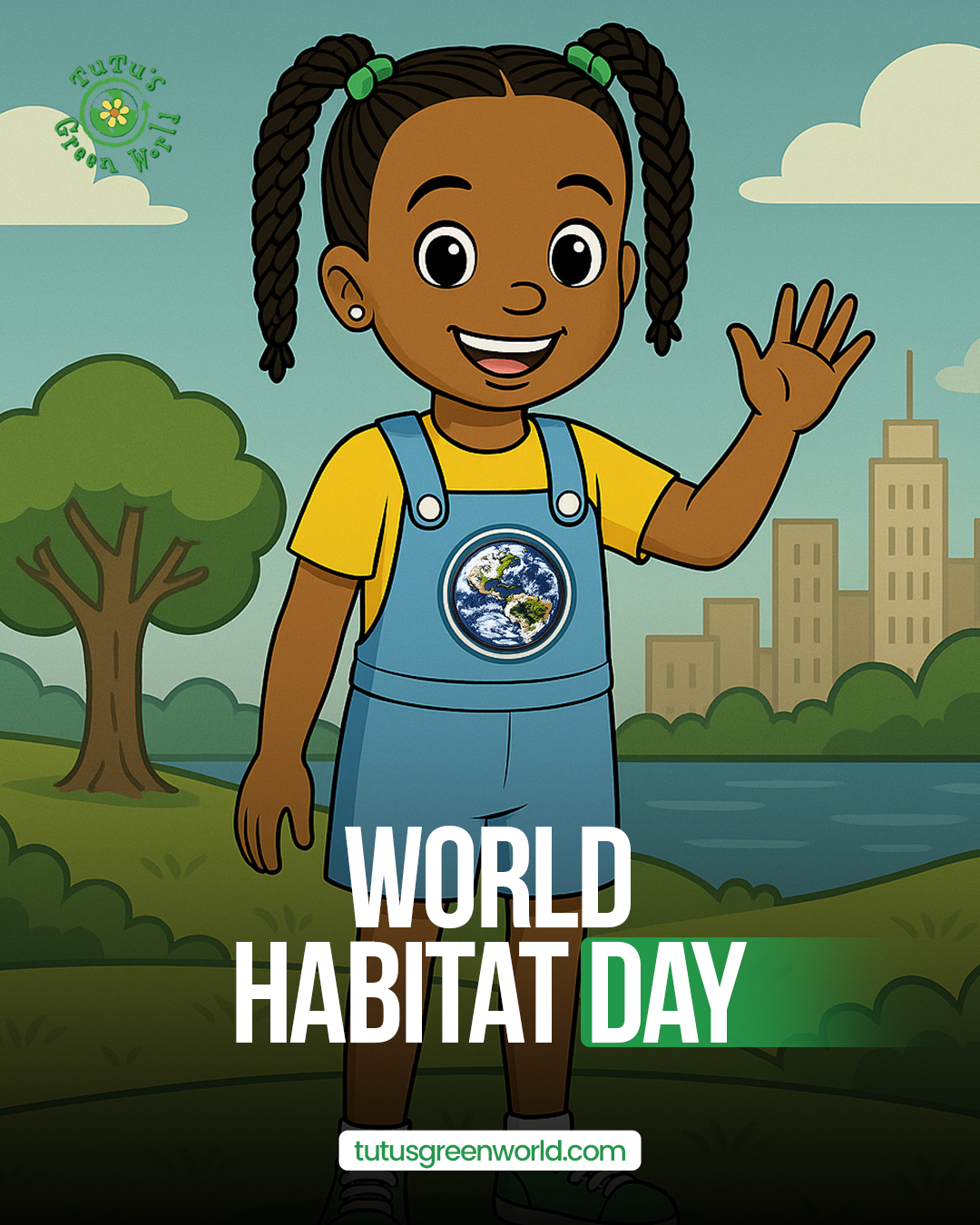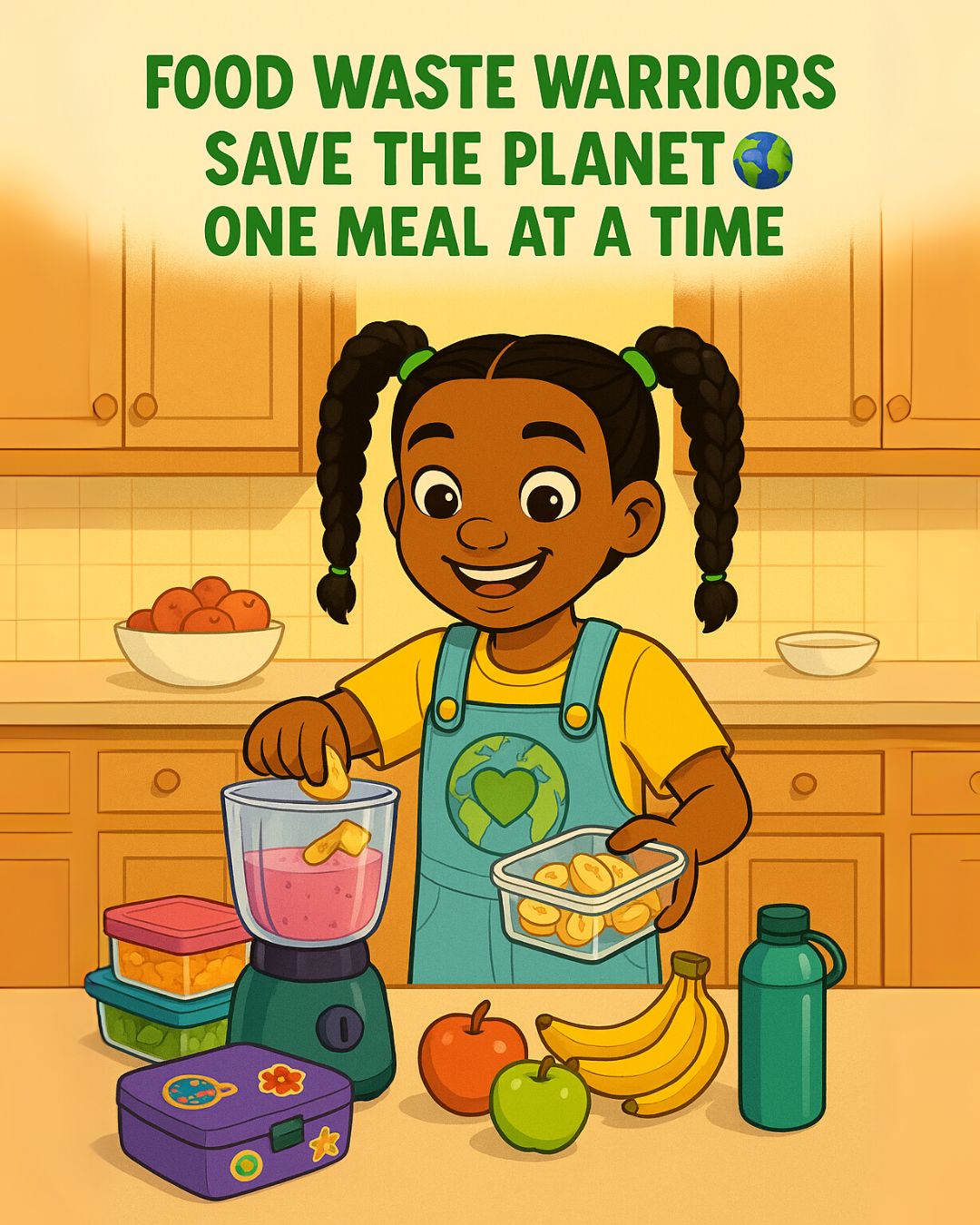
Eco-Friendly Sunscreens for Kids: What to Avoid and What to Look For
Eco-Friendly Sunscreens for Kids: What to Avoid and What to Look For
As we become more conscious of our impact on the environment and the importance of protecting our children from harmful chemicals, choosing the right sunscreen is more important than ever. Eco-friendly sunscreens are not only safe for your kids but also kind to the planet. Here’s a guide on what ingredients to avoid and which ones to look for when selecting a sunscreen for your little ones.
Ingredients to Avoid
-
Oxybenzone: This chemical is widely used in sunscreens for its ability to absorb UV rays, but it can cause allergic skin reactions and hormone disruption. Moreover, it is harmful to coral reefs and marine life.
-
Octinoxate: Like oxybenzone, octinoxate can disrupt hormones and is toxic to marine ecosystems. It's a common UV filter that contributes to coral bleaching.
-
Parabens: These are preservatives used to extend the shelf life of products, but they can mimic estrogen and potentially interfere with hormone function. Parabens are also not biodegradable and can accumulate in the environment.
-
Retinyl Palmitate (Vitamin A Palmitate): This ingredient can speed up the development of skin tumors and lesions when exposed to sunlight. It is also suspected to cause harm to marine life.
-
Synthetic Fragrances: These can contain numerous hidden chemicals, including phthalates, which are linked to hormonal disruptions and allergic reactions. They are also not environmentally friendly as they can contribute to water pollution.
-
Nanoparticles: While they can improve the texture and spreadability of sunscreen, nanoparticles of certain ingredients (like zinc oxide and titanium dioxide) can penetrate the skin and pose health risks. They can also be toxic to aquatic life if washed off in the ocean.
Good Ingredients for Humans and the Earth
-
Non-Nano Zinc Oxide: This is a mineral sunscreen ingredient that provides broad-spectrum UV protection without penetrating the skin or harming marine life. It is stable in sunlight and not linked to hormone disruption.
-
Non-Nano Titanium Dioxide: Another mineral-based UV filter, titanium dioxide is safe for sensitive skin and the environment when used in non-nano form.
-
Natural Oils (e.g., Coconut Oil, Jojoba Oil): These oils are great for moisturizing the skin and are biodegradable. They do not harm marine ecosystems and are gentle on children's sensitive skin.
-
Shea Butter: A natural emollient, shea butter helps to moisturize the skin and provides a natural barrier against the sun. It is environmentally friendly and sustainable.
-
Aloe Vera: Known for its soothing properties, aloe vera can help to calm the skin after sun exposure. It is also biodegradable and safe for the environment.
-
Green Tea Extract: This antioxidant-rich ingredient can help protect the skin from UV damage and has anti-inflammatory properties. It is also eco-friendly.
Tips for Choosing Eco-Friendly Sunscreens
-
Read Labels Carefully: Look for sunscreens that clearly list all ingredients and avoid those containing harmful chemicals.
-
Check Certifications: Look for products certified by environmental organizations like the Environmental Working Group (EWG) or those labeled as reef-safe or biodegradable.
-
Choose Broad-Spectrum Protection: Ensure the sunscreen protects against both UVA and UVB rays for comprehensive skin protection.
-
Opt for Physical Sunscreens: Physical (mineral) sunscreens containing zinc oxide or titanium dioxide are generally safer for both humans and the environment compared to chemical sunscreens.
-
Avoid Spray Sunscreens: Spray sunscreens can create inhalation risks and are more likely to contain harmful chemicals. Stick to lotions or creams instead.
By choosing sunscreens with safe, natural ingredients, you can protect your children’s skin while also caring for our planet. Remember, what’s good for the earth is often good for us too. Happy, safe summer fun in the sun!
Also in TuTu's Green Stuff Blog

A Healthier Planet, A Healthier You: Celebrating Children’s Environmental Health Day
Every October, Children’s Environmental Health Day reminds us that caring for our planet means caring for ourselves. 🌎 First established in 2016 by the Children’s Environmental Health Network, the day shines a spotlight on the connection between a healthy environment and the well-being of children everywhere. It encourages kids, families, and communities to take simple steps that protect the earth and create a healthier world for future generations.

🌍 Habitat Heroes: How Youth Can Protect Homes for People and Wildlife
Every year, on the first Monday of October, people all around the world come together to celebrate World Habitat Day. This special day was created by the United Nations back in 1985 to remind us of two very important things. First, that every single person has the right to adequate shelter. Second, that we all share the power and responsibility to shape the future of our cities, towns, and natural spaces.

Food Waste Warriors: How Youth Can Save the Planet One Meal at a Time 🌍🥪
Every year, the world throws away billions of pounds of food. That is not just wasted food, it is also wasted money 💸, wasted energy ⚡, and wasted water 💧. The International Day of Awareness of Food Loss and Waste is a reminder that every bite counts and that young people have the power to make a difference.
